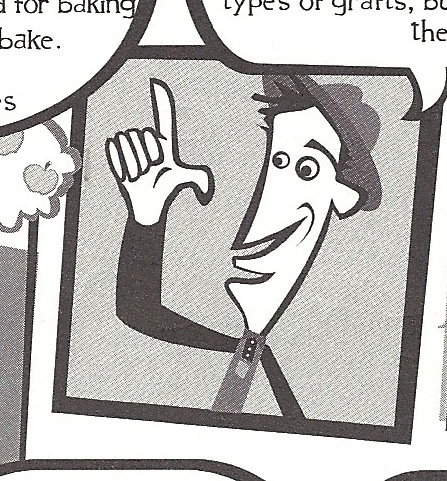So far I found these bugs in the code editor (v0.1.0 on Windows):
- Delete key doesn't work when cursor is at the very beginning of the program (also applies to the command line).
- Copy-pasting adds a blank character at the end of each pasted line.
- Shift-Home and Shift-End don't work properly.
- Saving and reloading the cartridge adds a newline at the end, resulting in lots of blank lines over time.

I found something that's not really a bug, but still needs to be fixed. The contrast between the cursor and the background/characters on the code editor is too low and is hard to see for colorblind people like myself.

on german keyboards [] and {} doesn't work in the editor on windows. the combination on the keyboard is
"AltGr"+"7" for "{"
"AltGr"+"8" for "["
"AltGr"+"9" for "]"
"AltGr"+"0" for "}"

While working on 'Evasive Maneuvers' I discovered that mixing if(..).. with if .. then .. end causes syntax errors with no obvious reason. I can confirm questors post about [] and {} on german keyboards.

Pressing Home/End and then immediately trying to select multiple lines by pressing shift up/down doesn't work. It seems to use the cursor position from before Home/End was pressed.

A commented-out line that contains a if (..) .. raises a syntax error (with no further info) if there is one or more spaces after "--".

I hate if-with-parens-around-the-test.
It was a terrible choice when Richie did it in the C language.
Roberto Ierusalimschy finally, FINALLY, fixed it in the Lua language.
It was still a terrible choice when zep added it back (with bugs) to the pico-8 variant of lua.

> I hate if-with-parens-around-the-test.
>
> It was a terrible choice when Richie did it in the C language.
> Roberto Ierusalimschy finally, FINALLY, fixed it in the Lua language.
>
> It was still a terrible choice when zep added it back (with bugs) to the pico-8 variant of lua.
Added it back? You could always do this with Lua if you wanted to, right? But you don't have to...unless I guess you mean the special one-line version in PICO-8 that excludes "then" and "end"? I don't see how you can call that a "terrible" choice. It cuts down on character count (since there's a limit) and the parens provide a syntactically unambiguous distinction between the condition and the following statement. If you don't have the "then" how do you expect to distinguish between the two parts of the line? C already has a familiar syntax for this that everyone knows, so why not use it? Seems like a perfectly reasonable choice to me...

The online player raises a syntax error if a string contains two or more dashes ("--") but the programm works fine in pico-8.

Pressing CMD-R to run from the code editor leaves the "LINE X/Y" text on screen

On OS X, with a german keyboard, creating square brackets ([]) and curly braces({}), which works with ALT+5,6,8,9 also outputs the 5,6,8,9 if you press LALT while RALT gives the expected result of only outputting the brackets and braces.
As LALT+anykey always echoes the corresponding key while RALT doesn't, I assume a general problem. Maybe some mix up with the windows style AltGr key?
Usually, for text editing on a Mac, the two ALT keys should be equivalent.

Copy/pasting the comment by questor but for French Azerty keyboard :
on french keyboards [] and {} doesn't work in the editor on windows. the combination on the keyboard is
"AltGr"+"4" for "{"
"AltGr"+"5" for "["
"AltGr"+")" for "]" (next to 0)
"AltGr"+"=" for "}" (second next one to 0)

In spanish keyboards is the same, i can't use "[","]","{" nor "}".
The key combinations are:
"AltGr"+ "`" for "[" (Located one key to the right of "P")
"AltGr"+ "+" for "]" (To the right of the last one)
"AltGr"+ "´" for "{" (to the right to Ñ, which is next to L)
"AltGr"+ "ç" for "}" (To the right of the last one)
[Please log in to post a comment]











